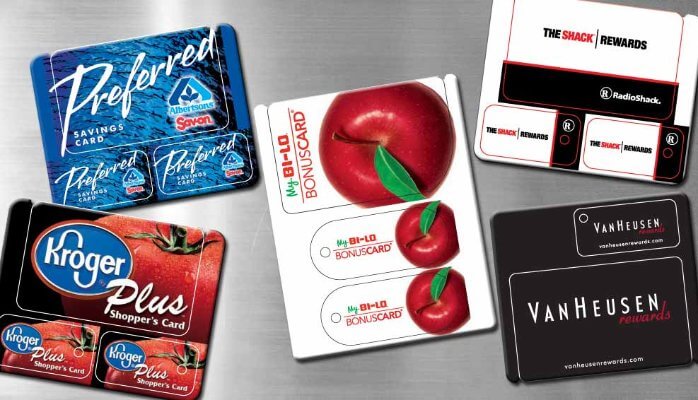When Starbucks recently announced changes to its rewards program, Twitter users lashed out at the coffee giant. They complained that the new program, which will award points based on the amount of money spent (rather than on the number of visits to Starbucks) will penalize regular customers who buy only small items, like a brewed coffee. Some vowed to defect to Dunkin’ Donuts.
Up until now, Starbucks Rewards members have earned a point every time they make a purchase. Once they achieve Gold status, they earn a free item for every 12 points. Under the new program that takes effect in April, customers will earn points based on the amount of money they spend – two points for every dollar. But it will take 125 points to earn a reward.
Starbucks claims that it is responding to customer requests to change its program. That doesn’t surprise me. It has always annoyed me that I only earn one point when I buy two coffee drinks for myself and my wife. The guy in front of me in line who buys a small coffee gets the same reward, but he didn’t spend as much money or buy as many items as me. Over time, this sort of inequality can send a message that a brand doesn’t care about the customers who are most loyal – the ones who buy more items and bring their friends along.
In changing its program, Starbucks has tapped into one of the key elements ofcustomer loyalty. We have found that customer loyalty is often driven by an emotional bond, and that the most loyal customers are also the most likely to buy a company’s additional products and services and serve as “brand ambassadors” who promote the brand to their friends. Starbucks is recognizing this by rewarding customers not just for coming into the store, but for buying large seasonal coffee drinks, Starbucks mugs and sandwiches, and Starbucks packaged coffee in the grocery store.
Rewards programs are tricky, though. As the Starbucks case demonstrates, reward program changes can lead to an unpleasant backlash. If customers are not truly loyal to the brand, unpopular changes can indeed cause them to head to competitors. No doubt, Starbucks is betting that its unhappy brewed coffee drinkers will keep coming back to Starbucks out of habit, or because they really do like the coffee better than competitors’, or because their visits were never motivated by the rewards program in the first place.
Another issue with rewards programs is that they may not work for everyone. In particular, certain demographic groups are more likely to be loyal to a brand that shares their values than to one that rewards them for frequent shopping.
To get brand loyalty from younger shoppers, some brands are promoting their environmentally friendly practices or are supporting charities. Stella Artois, for example has previously been known for its somewhat pretentious ads claiming that its beer is so fine that it must be drunk from a special chalice. But now it’s partnered with water.org to use the proceeds from purchases of limited edition chalices to bring water to developing countries.
Its campaign helps create an emotional bond with customers who want to buy from companies that help make the world a better place. People who buy a chalice will now have it in their kitchens, providing both a reminder of the Stella brand and an opportunity to tell friends about the program. These sorts of emotional ties that create customer loyalty and lead customers to promote a brand are an important element in designing or evaluating customer experiences.
How many rewards cards do you have in your wallet? Do they make you more loyal to a particular brand, or are they just clutter? Post your thoughts in the comments section below.
If you enjoyed this post, you might be interested in the following blogs:
Colin Shaw is the founder and CEO of Beyond Philosophy, one of the world’s leading Customer experience consultancy & training organizations. Colin is an international author of five bestselling books and an engaging keynote speaker.
Follow Colin Shaw on Twitter & Periscope @ColinShaw_CX


